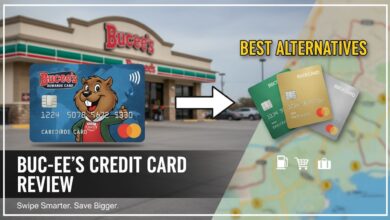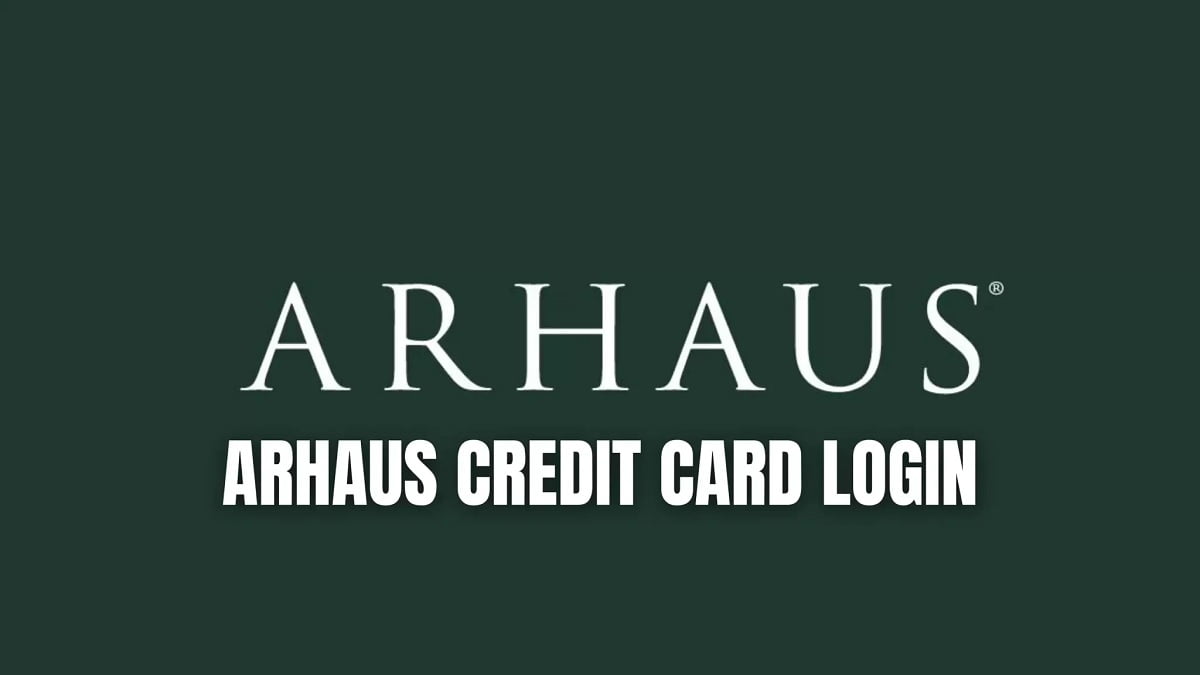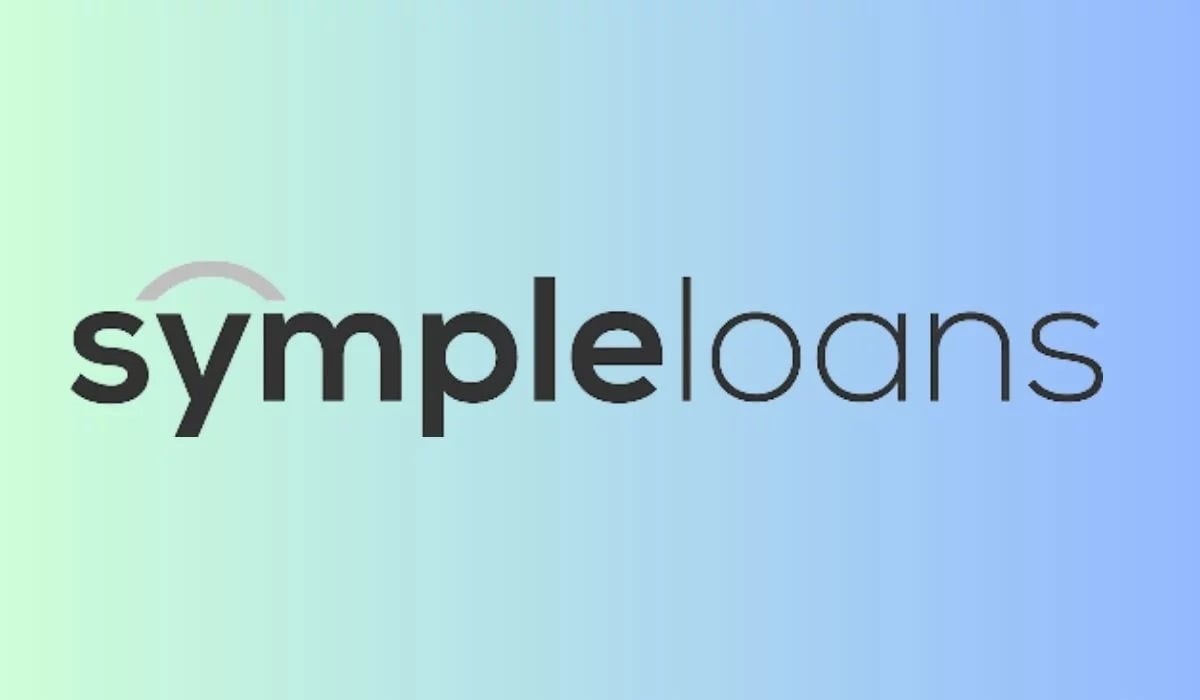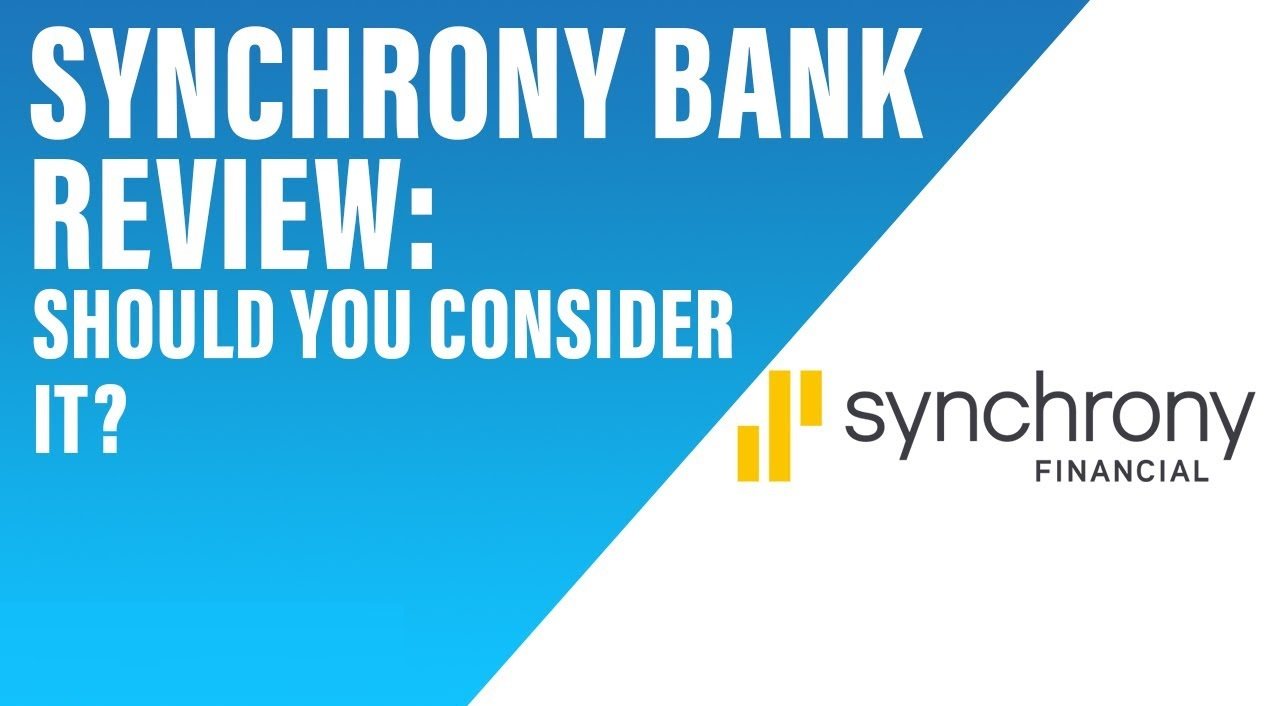10 Best Credit Cards for Bad Credit Score in the USA 2026

If your credit score isn’t where you’d like it to be, you’re not alone. Millions of Americans struggle with bad or limited credit, and rebuilding their financial profile can feel overwhelming. The good news? You don’t have to start from zero. There are plenty of credit cards designed specifically for people with poor credit that can help you rebuild your score safely and steadily.
In this guide, we’ll look at the 10 best credit cards for bad credit in the USA, explain what makes each one stand out, and share tips on how to use them wisely to boost your score.
Table of Contents
ToggleWhy Getting a Credit Card with Bad Credit Makes Sense
You might think applying for a credit card when your score is low is a bad idea, but it’s actually one of the smartest moves you can make if you use it correctly.
A credit card helps you:
- Build a positive payment history, which is the biggest factor in your credit score.
- Increase your credit mix, showing lenders you can handle revolving credit.
- Establish responsible habits like paying on time and keeping your balance low.
- Report activity to all three major credit bureaus: Experian, Equifax, and TransUnion.
Even if you have to start with a secured card that requires a deposit, it’s a step in the right direction. Over time, that small step can lead to better credit and access to higher-limit, lower-interest cards.
What to Look for in a Credit Card for Bad Credit
When choosing a credit card to rebuild your score, keep these factors in mind:
- Reporting to all three credit bureaus – Make sure your payment history is being recorded everywhere.
- Low or no annual fee – Some cards charge high fees that eat into your budget.
- Security deposit flexibility – For secured cards, look for ones with a refundable deposit and reasonable minimums.
- Automatic reviews for credit line increases – Some cards can transition you to unsecured credit faster.
- Transparent terms – Avoid cards with hidden fees or confusing policies.
Now, let’s look at the top options available right now.
1. Capital One Platinum Secured Credit Card
Best for: Simple, reliable credit rebuilding
Capital One’s Platinum Secured Credit Card is one of the most popular options for people looking to rebuild their credit. It doesn’t charge an annual fee, and you can start with a deposit as low as $49, depending on your creditworthiness.
Capital One also offers automatic credit line reviews after a few months of on-time payments, which can help you move toward unsecured credit. It reports to all three major credit bureaus and provides free access to your credit score through CreditWise.
Highlights:
- No annual fee
- Low refundable deposit
- Automatic credit line review
- Reports to all major credit bureaus
Downside: No rewards program
Bottom line: A straightforward card from a trusted bank that’s ideal for building credit without extra costs.
2. Discover it® Secured Credit Card
Best for: Earning rewards while rebuilding credit
Discover is one of the few issuers that offer cash back on a secured card. With the Discover it® Secured Credit Card, you earn 2% cash back at gas stations and restaurants (on up to $1,000 per quarter) and 1% on everything else.
After seven months, Discover automatically reviews your account to see if you qualify for an upgrade to an unsecured card. There’s no annual fee, and you can track your credit score for free through your online account.
Highlights:
- Earn cash back on every purchase
- No annual fee
- Free credit score monitoring
- Automatic upgrade review
Downside: Requires a $200 minimum security deposit
Bottom line: One of the few secured cards that rewards you for everyday spending while helping your credit recover.
3. OpenSky® Secured Visa® Credit Card
Best for: No credit check approval
If you’ve been denied for other cards due to low credit or no credit history, the OpenSky Secured Visa might be your best option. It doesn’t require a credit check at all, making it accessible to almost anyone.
You set your own credit limit by choosing your refundable deposit (between $200 and $3,000). OpenSky reports monthly to all three credit bureaus, and after six months of responsible use, you can request an upgrade.
Highlights:
- No credit check required
- Reports to all three credit bureaus
- Customizable credit limit
- Simple online management
Downside: $35 annual fee
Bottom line: A great choice if you want to rebuild credit without worrying about a hard inquiry or initial rejection.
4. Credit One Bank Platinum Visa for Rebuilding Credit
Best for: Cash back and score tracking
Credit One specializes in cards for people with less-than-perfect credit. The Platinum Visa offers 1% cash back on eligible purchases like gas and groceries, plus free online credit score tracking.
While it does charge an annual fee (usually around $75 for the first year), it’s a solid unsecured option, meaning no deposits are required. As your credit improves, you may qualify for higher credit limits and better terms.
Highlights:
- Earn 1% cash back
- No security deposit
- Credit score tracking included
- Regular account reviews
Downside: Annual fee varies by credit profile
Bottom line: A good unsecured card option for people who want to rebuild and still earn rewards.
5. Mission Lane Visa® Credit Card
Best for: Gradual growth and transparent terms
Mission Lane is known for being clear and fair with its customers. This card doesn’t require a security deposit, and approval odds are strong even for people with limited or damaged credit.
You can qualify for automatic credit line increases with consistent on-time payments. Mission Lane also provides clear explanations of fees and rates, a welcome change compared to many subprime cards.
Highlights:
- No security deposit required
- Potential credit limit increases
- Straightforward terms and pricing
- Reports to all major bureaus
Downside: Annual fee between $0–$59, depending on profile
Bottom line: Great for those who value transparency and gradual progress toward better credit.
6. Citi® Secured Mastercard®
Best for: A trusted bank and solid reporting
Citi’s Secured Mastercard is a no-frills, dependable card for building or rebuilding credit. You’ll need to make a refundable deposit (minimum $200), which becomes your credit limit.
There’s no rewards program, but the card does report to all three major credit bureaus and comes from one of the most reputable issuers in the country. It’s a safe choice for anyone who wants stability.
Highlights:
- No annual fee
- Reports to all three bureaus
- Major bank support
- Works with Citi’s online banking tools
Downside: No rewards or upgrade path
Bottom line: A reliable way to rebuild credit without worrying about extra fees or hidden conditions.
7. Chime Credit Builder Visa® Credit Card
Best for: Fee-free credit building
Chime has made a name for itself as a mobile-first banking alternative, and its Credit Builder Card is a favorite among those who want to build credit without traditional bank headaches.
There’s no credit check, no interest, and no security deposit. Instead, you use money from your Chime Spending Account to make purchases, and Chime reports your payments to all three bureaus. It’s one of the easiest and safest ways to build credit without risk.
Highlights:
- No credit check
- No annual fee or interest
- Reports to all major bureaus
- Works directly with the Chime Spending Account
Downside: Requires a Chime account
Bottom line: An ideal card for people who want simplicity and guaranteed approval without fees.
8. Self Visa® Credit Card
Best for: Building credit and savings at the same time
The Self Visa works a bit differently from traditional secured cards. You first open a Self Credit Builder Account, where you make small monthly payments that build both your credit history and savings. After a few months of on-time payments, you can unlock the Self Visa Credit Card using the money you’ve saved.
This system makes it a two-in-one credit and savings tool, perfect for people who want to take a disciplined approach to rebuilding.
Highlights:
- Builds savings and credit simultaneously
- No hard credit check
- Reports to all major bureaus
- Can graduate to a secured card
Downside: Small monthly fees for the Credit Builder Account
Bottom line: A creative and safe way to rebuild credit while learning better money habits.
9. First Progress Platinum Select Mastercard®
Best for: Fast approval and flexible deposits
First Progress is another strong secured option with quick online approval and reporting to all three bureaus. You can choose your own deposit between $200 and $2,000, and there’s a modest annual fee of $39.
It’s especially appealing if you want a simple application process and reliable monthly reporting. While there are no rewards, the main goal here is building positive credit history, and this card does that well.
Highlights:
- Flexible deposit options
- Reports to all three bureaus
- Fast online approval
- Easy management through the mobile app
Downside: Small annual fee, no rewards
Bottom line: A practical secured card for anyone serious about rebuilding credit without hassle.
10. Surge Mastercard®
Best for: Prequalification without impact to credit score
The Surge Mastercard caters to people with poor or no credit history. You can check if you prequalify with no impact on your score, a big advantage if you’ve faced rejections before.
Depending on your profile, you might get an unsecured or partially secured version of the card. It reports monthly to all major credit bureaus and offers potential credit line increases over time.
Highlights:
- Prequalification with no credit hit
- Reports to all bureaus
- Available for poor or no credit
- Credit limit increase potential
Downside: High APR and annual fee on some accounts
Bottom line: A good fallback option if you’ve struggled to qualify elsewhere.
Tips for Rebuilding Credit with These Cards
Getting approved is just the first step. The real progress comes from how you manage your card afterward. Here are a few tips to help your score rise faster:
- Pay on time, every time. Even one missed payment can hurt your score.
- Keep your balance low. Try to use less than 30% of your credit limit.
- Avoid multiple applications. Too many hard inquiries can lower your score.
- Monitor your progress. Many issuers offer free credit score tracking.
- Ask for upgrades. Once your score improves, see if you can move to an unsecured card.
Frequently Asked Questions (FAQ)
1. Can I get approved for a credit card with bad credit?
Yes, you can. Many banks and fintech companies offer credit cards designed specifically for people with bad or limited credit. Secured cards, in particular, are easier to qualify for since they require a refundable security deposit that acts as your credit limit. As you make on-time payments, your credit score gradually improves, which can help you qualify for better cards later.
2. What’s the difference between a secured and an unsecured credit card?
A secured credit card requires a cash deposit (usually between $200 and $500), which serves as collateral and your credit limit. An unsecured credit card, on the other hand, doesn’t require a deposit but usually comes with higher fees or interest rates if you have bad credit. Both can help build credit when used responsibly.
3. How long does it take to rebuild credit using a credit card?
Improving your credit score takes time and consistency. With responsible use — meaning on-time payments and low balances — you may start seeing improvements within three to six months. Significant progress, however, can take a year or more depending on your credit history and habits.
4. Do secured credit cards really help build credit?
Yes. Most secured cards report your payment activity to all three major credit bureaus — Experian, Equifax, and TransUnion. Each on-time payment you make helps demonstrate responsible credit behavior, which is a key factor in improving your score.
5. Can I get a credit card with no credit check?
Yes, cards like the OpenSky Secured Visa and Chime Credit Builder Visa don’t require a hard credit check. These are great options if you’re just starting to build credit or have a very low score that might make traditional approvals difficult.
6. How much should I deposit for a secured credit card?
Most secured cards require a deposit between $200 and $500, though some allow higher deposits if you want a larger limit. The more you deposit, the more available credit you’ll have, which can help keep your credit utilization ratio lower — a good thing for your score.
7. Do these credit cards guarantee approval?
No credit card guarantees approval. However, some issuers, like OpenSky or Self, offer options with no credit check, making it easier to qualify. Always read the issuer’s eligibility terms before applying to avoid unnecessary hard inquiries on your report.
8. Will applying for multiple credit cards hurt my credit score?
Each credit card application typically involves a hard inquiry, which can temporarily lower your credit score by a few points. Applying for too many cards in a short period can make you appear risky to lenders. It’s best to apply for one or two cards that match your profile instead of submitting multiple applications at once.
9. What happens to my security deposit when I close a secured credit card?
If your account is in good standing and you’ve paid off any balance, the issuer will refund your full security deposit. You can also often get your deposit back when you upgrade to an unsecured card with the same issuer after showing responsible payment behavior.
10. Which credit card is the easiest to get with bad credit?
Cards like the OpenSky Secured Visa and Chime Credit Builder Visa are among the easiest to get because they don’t require a credit check. If you’re okay with a small deposit, the Capital One Platinum Secured Card is also a strong option with wide acceptance and no annual fee.
The Bottom Line
Bad credit doesn’t have to hold you back. The right credit card can be a powerful tool to help you rebuild your financial reputation and prove your reliability to future lenders. Whether you go with a secured card like Discover it Secured or an unsecured option like Mission Lane Visa, what matters most is consistency in paying on time, staying within your limit, and keeping your balance under control.
Rebuilding credit takes time, but every responsible purchase and on-time payment helps move your score in the right direction. Start small, stay disciplined, and you’ll soon find yourself qualifying for better cards and better financial opportunities.



